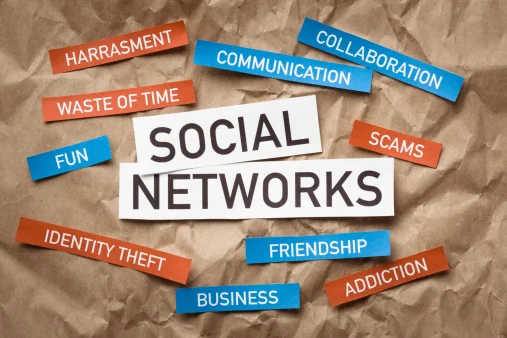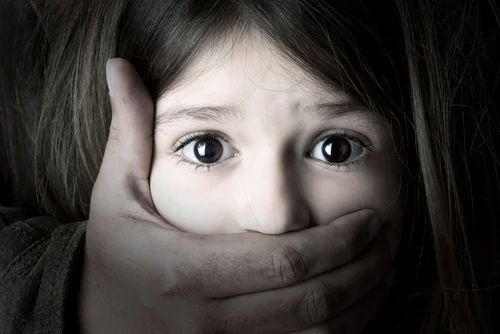+1 845 259 2974 (11 a.m to 7 p.m CST)
Online Safety: Keeping Teens Safe from Cyberbullying

Cyberbullying is a popular online threat on the internet and several social media platforms. It is more than just kids being kids. Gone are the days when bullying was only witnessed in face to face encounters.
With the presence of social media platforms and instant messengers, it has become quite easier for some people to cyberbully the weaker one. Social media can quickly evolve the situation into public humiliation and widespread harassment.
Cyberbullying, also known as digital abuse, can appear in many forms from sending threats or mean messages, spreading false news and rumors, uploading inappropriate and unflattering photos or pretending to be someone else online.
It is important for young children and teens to understand the consequence of what content they share online. Something which is shared as a joke could turn out to be bad for them later in life.
To intact online safety for your children and to keep them safe from cyberbullying, you need to talk to them and grab more information about their school life and online experiences with cyberbullying.
Keeping Children Safe from Cyberbullying
Here are some tips that you may need to consider as a way to initiate the conversation with your teens for keeping them safe online.
1. Make sure you make your teen understand the consequences of what they post online. This is important especially when your child has a personal mobile phone or social media account. You need to set some boundaries such as taking the phone away or setting time limits on the use of a phone if inappropriate photos and messages as posted online.
2. It is also important to make your teens understand that whatever is posted online, it stays there. It is very easy to make an electronic message public. If you don’t want everyone to find out about it, make sure you do not send any such message online.
3. You need to teach and encourage your teen to tell you or their school teacher if they witness cyberbullying happen. You also need to make them understand that they will not be punished or rebuked for being the victim and also reassure them that it is not their fault if they are being cyberbullied.
4. If you find your teen getting harassed at the hands of a cyberbully, make sure to keep the cyberbullying messages intact as a proof. Depending on the severity of the cyberbullying messages, you may want to involve the school or the police. It might not be practice to visit the bully’s parents directly. Instead, try a different approach by involving the school, the cell phone network or the ISP.
5. You may also help your teen block the person on whichever platform they are sending the cyberbullying messages. In case the cyberbully has access to your teen’s personal contact information, you can get them a new phone number or email address. Make sure nobody gets access to the new contact information.
6. Another important online safety tip is to ensure your teens do not share passwords of their email IDs and social media accounts with anyone except you. You should avoid writing it down or putting it in a place where others could easily find it.
7. Last but not least, parents can consider keeping the electronic device such as a laptop in a family room instead of the teen’s room. This will help limit their internet access and they will only be able to use the internet in front of their parents. Moreover, you can also set time limits on the use of the internet and set boundaries at a certain time when everyone is asked to turn off their electronic devices.





























